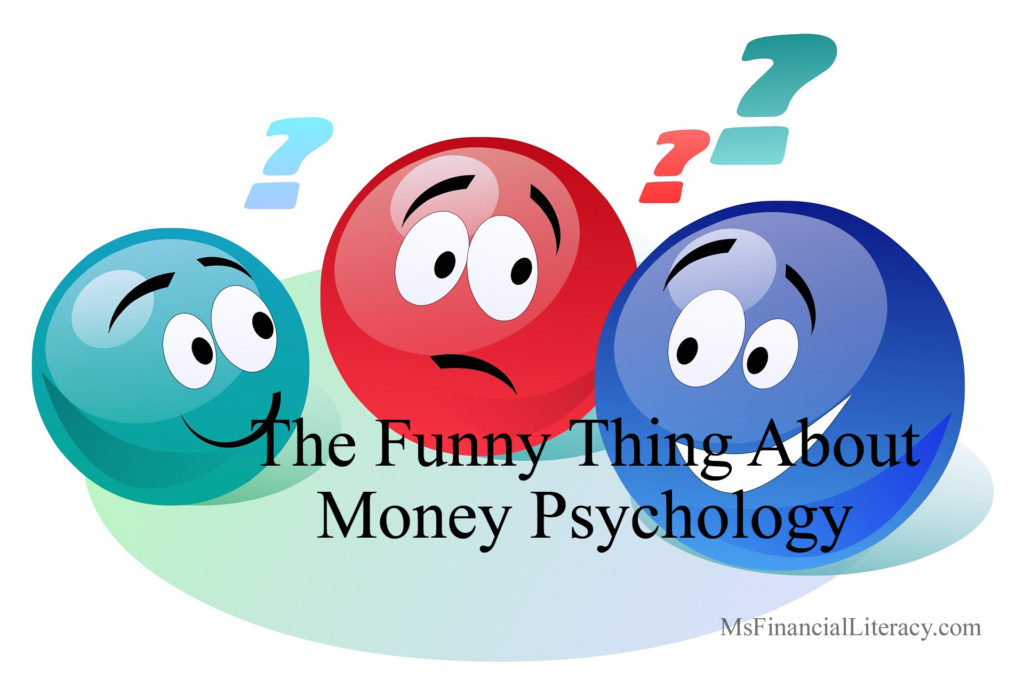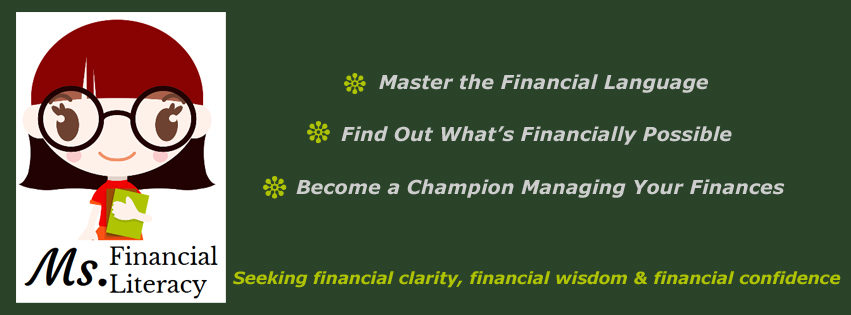Wishlist and Bucket List
Do you recall when you first started having a wishlist or bucket list? I didn’t have one until I was in my mid-20s. Before then, I didn’t desire much. I was simply happy just having the essentials or necessities. I understood my financial situation as a student. My mindset at the time was that my situation was temporary and wanted to focus my attention on doing well in my studies. I looked forward to the day when I finished school, secured a satisfying career and then start living the life of my dream.
What was the first item that made it to my wishlist? It was a Marc by Marc Jacobs crossbody bag. I saw that bag on a fashion magazine that I subscribed to at the time.
Around my 25th birthday, my husband and I visited Saks Fifth Avenue. When I saw that bag sitting on the shelf, I hesitated and started having second thoughts. The price tag was $249. It was a VERY expensive bag. My most expensive bag prior to that one costed me less than $30. My husband and I walked in circles around the store as I had a very hard time deciding if I wanted us to spend that kind of money. It was just a [beautiful] crossbody bag…After perhaps 45 minutes later, my then boyfriend was paying for the bag at the cashier register. And that was my first designer bag. From there, I went on to purchase couple Michael Kors bags.

Deciding on the Now or Later
How’s your wishlist or bucket list look like?
Is there a place you’ve been wanting to go but don’t know if you should spend the money and time to do so now or two years down the road?
Is there a concert you’ve been wanting to attend but don’t know if you should go this year or once you’ve received your next promotion?
Is there someone you’ve been wanting to see but don’t know if you should spend the money on an airplane ticket now or wait until there’s a family wedding or family reunion?
Is there a class you’ve been wanting to enroll but don’t know if you should spend the money to pay for tuition now or until you’ve achieved financial independence?
Is there a big ticket wardrobe item you’ve been wanting to buy but don’t know if you should save the money now and make the purchase five years from now?
Let’s say you have the funds to cross out one item on your list, how do you decide on the “buy now” or “buy later” factor? What would your decision be based on?
My Struggle and the Funny Thing about Money Psychology
I’ve been struggling with this decision for a few years now when it comes to buying designer bags. There are about seven or eight designers whose work I admire. And I’ve made it a goal to own at least one bag from each by the time I turn 40.
Between the age of 30 and 31, I purchased four designer bags: one Prada, one YSL, one Fendi, one Chanel and one Miu Miu, all of which summed to over $11,000. Currently, there are two other bags I would like to add to my collection. And this had me thinking about the “buy now” or “buy later” dilemma.
My family’s current financial situation can certainly afford me to buy one or both bags now, but would that be a “good” decision?
“Good” is a very subjective word. “Good” for the what? For my enjoyment? For my financial security? Would I be enjoying life more having the bag(s) sitting in my wardrobe or continue to having that money being invested? What’s best for the long-term?
Let’s say a bag costs $4,000. Does it matter I spend the $4,000 now or five years down the road? Would spending that $4,000 now vs. later make much a difference on my family’s financial security (or net worth)?
If the average annual return on equity gains is 7%, compounded, then over the course of five years, that $4,000 would make me an extra $1,600 or so. Is that extra $1,600 worth the wait (and perhaps agony on my part :)) of five years before I can get the bag in my hands?
Those are some of the questions that go through my mind each time I think about buying my next big ticket item. Depending on the size of your net worth, that $1,600 can mean very little or a lot to you.
As for myself, that extra $1,600 is not worth the five-years waiting period. However, I have to be very cautious here. I cannot allow myself to have this kind of mindset for every big ticket decision. Otherwise, my family and I might end up “eating” the leaves on the money tree that can afford us a certain lifestyle, which is financial independence.
I have heard a saying that goes like, “Saving for the first ten thousand (or maybe a million) dollars is the hardest”.
There’s so much truth to that. As I wrote in the previous article (and several others, such as here), my husband and I exercised great discipline with our money until we’ve reached the one million dollars mark. And nowadays, those habits have became a part of our every day life, despite the occasional splurges.
Even though I say that extra money is not worth the five-years waiting period, I have been mulling over such purchase for over half a year now. I don’t know when I’d pull the purchase trigger. This is just who I am. I have friends who have much less than we do, yet, I’ve seen them make very quick large purchase decisions. Despite having reached financial independence, my husband and I are still looking for ways to build even more cushion around our financial security belt.
Would I be pulling the trigger faster once we reached the two million mark? Most likely. We’ll see when we get there. I have to continually remind myself of the front-loading situation I once went though (you can read about my story by clicking here). If I’m in a financial situation to buy all the designer bags I want, would I buy them all in the next year or two or pace myself over the next nine years?
For now, as I’m writing this, I’m still weighing out the “buy now” or “buy later” factors on a particular bag.
How do you decide on a large purchase? Do you consider the opportunity cost like I do by asking: “How much more wealth would I have if I invested that money instead and make the purchase years down the road?” and “How much enjoyment would I be missing if I wait and pace myself even though I can afford to buy the item/experience I want now?”
Being in my early 30s, a decade of waiting (even when spreading out and practicing moderation) is a long time. And those sayings such as YOLO (You Only Live Once) and FOMO (Fear of Missing Out) can be distracting. Yet, the power of compounding is undeniable and attractive. Money psychology is this funny thing. What would you do?
Like what you’ve just read? I encourage you to subscribe to my free weekly newsletter that goes out every Monday to receive updates on new posts. Please share my blog and contents with your family and friends, too. Financial literacy is one of the best gifts you can give yourself and loved ones.
